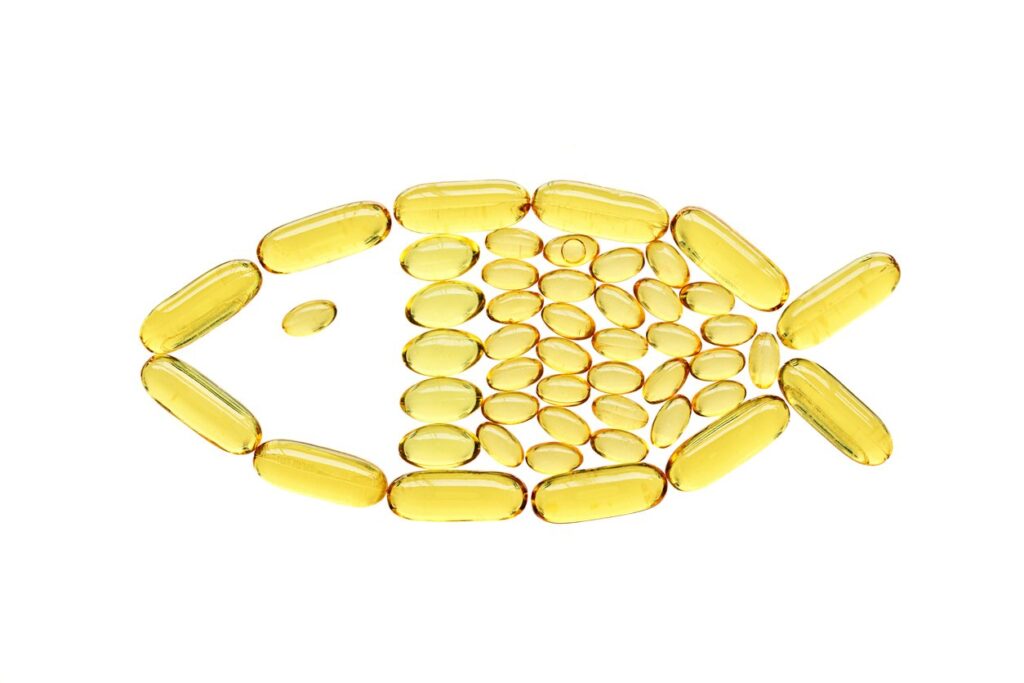Reviewed by Kimberly Cabe, FNP-BC of Forum Health Clarkston
You might have already tried exercising and eating less. When you feel as though you’re doing everything right, seeing very little results can be very frustrating. You’re not alone. Most people suffer with either a little or a lot of extra weight. And most people don’t realize that even though they feel like they’ve got it right, they’re probably doing it wrong.
You’re eating the wrong foods…
If you’re not losing weight, the first place you should be looking is your diet, which is at least 80% of the battle. Most people have this false idea that they can eat whatever they want as long as they exercise. Cheat days? Those don’t exist while you’re trying to lose weight. When you work so hard Monday through Friday, that pizza and beer on Saturday has officially just undone it all. Some people focus all their energy on burning off calories that they don’t take the time to consider what they’re putting in as fuel. Since no two bodies are alike, the foods that are working for your best friend aren’t necessarily going to work for you. It all depends on your body type, metabolism, and other factors. One tip to remember, though, is that you can never go wrong with all natural, whole foods.
Tip: Eat most of your starchy carbohydrates (like potatoes, brown rice, or grains) on days when you do strength training or more rigorous exercise. On your rest days or when you’re doing light cardio, try to stick to just protein, and fruits and veggies. Avoid bread (YES!), sugar, and anything else that’s processed. Look for foods that have the fewest ingredients on the label—if you it’s something you couldn’t find for your own kitchen, it’s not something you want to be putting in your body.
Fat-Burning Foods:

Coconut: Anti-viral, anti-bacterial, anti-fungal, and anti-parasite; a natural source of quick energy, and enhances physical and athletic performance; improves digestion and absorption of nutrients, vitamins, and minerals.
Wild Protein: Grass-fed beef, venison, organic chicken, and wild-caught fish.
Nutrient Dense Veggies: Kale, spinach, broccoli, asparagus, cauliflower, and cabbage are your highest sources of vitamins and minerals that help regulate the thyroid and metabolic function.
Sprouted Seeds: Chia, flax, and hemp are all a great source of fat-burning protein to add to smoothies and salads, or to bake with. They are loaded with fiber and omega-3 fats, which help the metabolism.
You’re eating too much…
If you’ve already significantly cleaned up your diet and you’re still not losing weight, it may be that you’re simply eating too much. To shed pounds, your body needs to run a calorie deficit: you need to burn more than you consume. On the other hand, you shouldn’t deprive yourself either. Remember, life is about balance.
Tip: Eat when you’re hungry. Eat slowly. Listen to your body, so you can stop just before you get full. Don’t be a grazer, but if you must have a snack, healthy snacking during the day will keep you from overeating during meals. Almonds are a great snack to carry around with you for those moments when you need a little something. They’re packed with protein and healthy fats that will get you through to the next meal.
You’re exercising too much…
Overtraining raises Cortisol levels and might make you gain weight! Yes, that’s right. It can be completely counterproductive. When people want to lose weight, they’re usually told to simply exercise more and cut calories. Unfortunately, this advice could backfire. Compared to shorter, but more intense workouts (like high-intensity interval training or HIIT workouts), doing many hours of steady-state exercise (like running) can actually result in lower metabolic and fat-burning potential.
Fat metabolism can actually decrease with excessive, intense cardio exercise because it elevates Cortisol levels. Your fat-burning potential then decreases because the elevated cortisol levels have convinced your body that it is “starving” and begins to store the fat instead. In other words, your body is holding onto every calorie you eat to ensure survival.
Another important factor: research shows that most people end up eating more when exercising to make up for the calories they burned. If you wind up feeling fatigued and have an out-of-control appetite due to running yourself into the ground, try doing 30 minutes of cardio instead of 60 minutes.
You forgot your supplements…

In a perfect world, we would be able to depend on the good earth and our bodies to lose weight and build muscle. Unfortunately, that’s just not possible with the toxins in the air we breathe and the processed foods we eat. We need more than just the diet alone, and supplement support gives a helping hand to boost your weight loss efforts. Here are a few that you should have:
- Protein Powder can be added to smoothies or water. Protein is essential for building lean muscle and it supports a healthy metabolism. The problem with meat is that it can be difficult to get all the protein you need. Protein powder makes up for this. The best protein powders are organic whey and collagen protein. Take 1-2 scoops right after your workout.
- Fish Oil is a rich source of omega-3 fatty acids and can reduce inflammation.
- Vitamin D is a vitamin and pro-hormone that balances hormones, which aids in fat loss.
*Supplements are highly under-regulated! Do NOT be a victim to dangerous over-the-counter “supplements” that promise to be something they’re not. When choosing what’s right for you and your family, you want plant-based, third-party tested, pharmaceutical-grade supplements. If you don’t know where to start, Forum Health can help you!
You have other underlying issues in the way…
- Leaky Gut or “intestinal permeability,” is a condition in which the lining of the small intestine becomes damaged, causing undigested food particles, toxic waste products, and bacteria to “leak” through the intestines and flood the blood stream.
- Candida is a naturally occurring yeast in the intestinal tract. When Candida overgrowth occurs, it can be a significant barrier to weight loss and cause problems in digestive function (gas, bloating etc), fatigue, headaches, brain fog and so on.
- Adrenal Fatigue is a collection of signs and symptoms that result when the adrenal glands function below the necessary level. This type of fatigue cannot be fixed with sleep. It affects your carbohydrate, protein and fat metabolism, fluid and electrolyte balance, heart and cardiovascular system, and even sex drive.
- Thyroid Issues occur when your thyroid is under—or overactive. If it’s in distress, it produces either too little or too much thyroid hormone (TH), which regulates your body’s metabolism, temperature, and heartbeat. What causes your thyroid to go haywire? It could be genetics, an autoimmune attack, pregnancy, stress, nutritional deficiencies, or toxins in the environment.
*If you think you might suffer from any of these issues, you cannot heal yourself! Forum Health will help get to the root cause and heal your body by using a functional medicine approach.
Want to learn more? How can you kick the discouragement this year and stay in success long enough to feel good for a lifetime? Education, education, EDUCATION. At Forum Health, we can help you lose weight, get to know your body, and feel better into next year by teaching you how to do it the RIGHT way. Contact us and let us help you get started!









